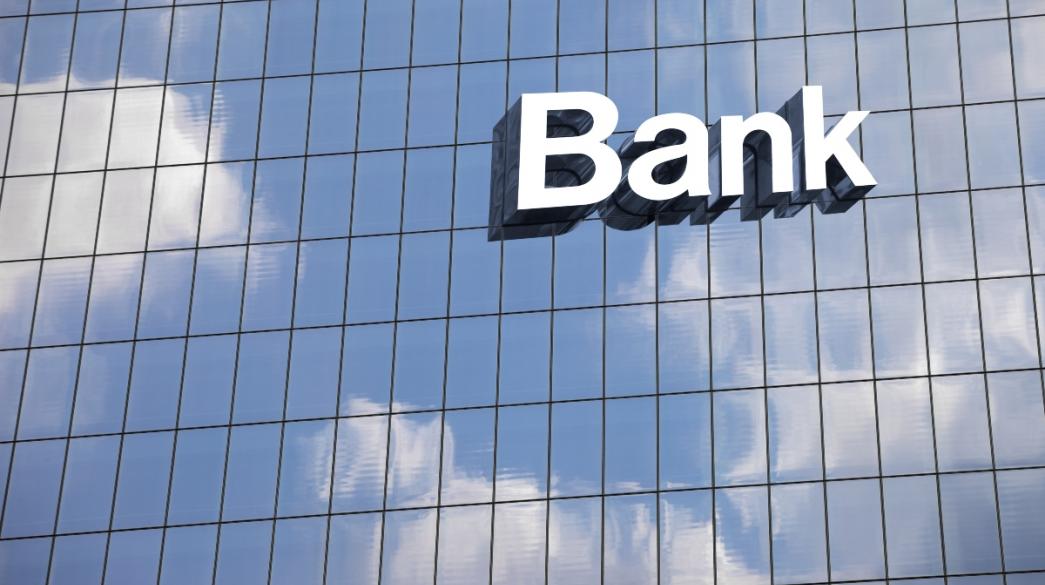Banks will play a key role in utilizing the resources of the Recovery Fund, in line with European rules, in order for an investment to receive the green light. Ιn order for a project to be backed by the Fund, it must be financed by either a third party investor or the banking system. That is, each business plan will need to be evaluated as viable by banking criteria.
As stressed by Deputy Finance Minister, Theodoros Skylakakis, speaking at an event organized by Eurobank and Grant Thornton, the evaluation of investment plans will not be done by the state. "Historically, the state has proven to be extremely ineffective in this area," he said.
According to Skylakakis, given the inefficiency of the state in the evaluation of investment projects, private consultants will be utilized who will certify the eligibility of an investment for the Recovery Fund.
To finance an investment project from the Fund, there must be a third player, a third investor who will lend or invest his own funds in the original investor's plan.
"We are looking for a partner, with the logic that he will operate with his own criteria and put in his own money without any guarantees if the investment does not go well. If there is no such third player then we will come and finance the project. It is clear urbi et orbi, we want to deal with entrepreneurs who want to go ahead with investments and not entrepreneurs who want to get subsidies," underlined the deputy minister.
In practice, for large-scale investments, such as those provided for under the Recovery Fund, the third investor will be either a bank, a fund or some other financial institution. So any business investment plan that aspires to receive funding from the Recovery Fund should be judged worthwhile based on banking criteria. It is noted that the Fund will finance investments of about 30 billion euros, of which loans will correspond to 13 billion euros and which will be provided on attractive terms.
Speaking at the event, Eurobank CEO Fokion Karavias, noted: "Financing for 50% of the investment must be found either from the entrepreneur's own funds or from a banking institution or other institution. I believe that the most common financial institution will be the banking system. So the companies will have to cooperate with the banks on specific financing plans, to define the participation of the equity, the percentage of bank financing that will range to 30-40%, so that the rest will be covered by the state."
Karavias underlined that before the pandemic, the 10-year crisis experienced by the country led to an unprecedented divestment, as investments of 100 million euros were lost compared to the levels of 2009.
On his part, Grant Thornton CEO, Vassilios Kazas, stressed the importance of the size of Greek companies and the strengthening of their competitiveness. "The critical parameter is the upscaling of Greek companies. Targeted incentives will be needed for companies that can play a leading role in the international environment. Certainly such proposals have been incorporated into the ministry's plan. 99% of Greek businesses are small and medium enterprises. 48% of them employ less than 9 people. So you understand that their competitiveness and productivity are very low. They need to invest in digital transformation. And maybe through microfinancing we can give access to lending to some people who do not have the formal criteria to borrow from a bank, and we can create networks that will be extroverted."


